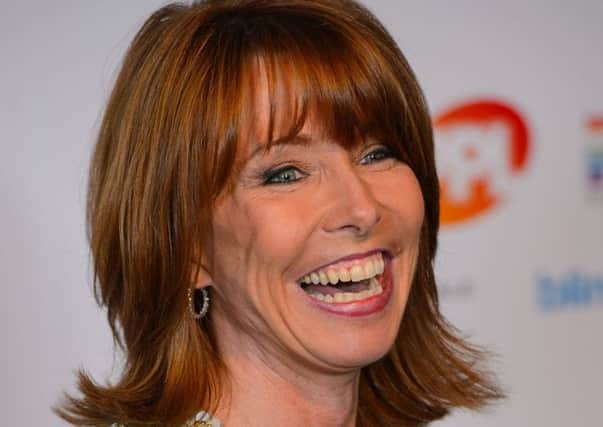Looking back at 30 years of Sky television


February 5, 1989 was dubbed the dawn of television’s new age when media mogul Rupert Murdoch launched satellite broadcasting network Sky Television.
Initially offering a package of four channels of programming - Sky Channel, which later became Sky One, Eurosport, Sky Movies and Sky News, it effectively doubled viewers’ choice overnight.
Advertisement
Hide AdAdvertisement
Hide Ad“The British television climate [at the time] was dominated by two main companies,” Dr Dan Laughey, a lecturer in media at Leeds Beckett University, recalls.
“There was BBC and ITV, with Channel 4 as a third company, but nowhere near as big as the other two. There were four channels on terrestrial television as it was known.”
Sky’s launch was labelled “a television revolution”, but, says Dr Laughey, it did not get much coverage, “I guess partly because the other television companies were worried out the competition”, nor was it an instant success.
“One of the myths about Sky is that it immediately made a massive impact,” he says. “But that’s not the case.
Advertisement
Hide AdAdvertisement
Hide Ad“For at least the first few years, it was in economic dire straights and getting very little interest from customers.
“There was a stigma about satellite dishes on the outside of people’s homes. A lot of people didn’t like the idea of that at all.”
Sky Television wasn’t the only company to offer broadcast television services, with rival British Satellite Broadcasting launching its network in March 1990.
But with both organisations struggling financially, in November 1990, they merged to become British Sky Broadcasting (BSkyB), which traded as Sky.
Advertisement
Hide AdAdvertisement
Hide AdTwo years later, the company scored what turned out to be a major coup when it won the Premier League rights for the first time - a key turning point in Dr Laughey’s eyes, that created a new market for Sky to tap into and led to more customers opting for those now familiar satellite dishes.
“That created Sky a fan base which gradually increased and now they are a major player in the television market,” he says.
“They have made their way into quite a significant part of television life, but only as a result really of the way in which sport was used, especially football, to attract a new audience of viewers not really being catered for across the other major channels.”
Sport - and in fact, movies and news too, the very offerings Sky had in its early days - remain a key part of its programming today.
Advertisement
Hide AdAdvertisement
Hide AdIt has significantly expanded though to become one of Britain’s biggest media companies with additions including Sky Sports News in 1998 - the same year that Sky launched the first nationwide digital television service - Sky Arts in 2000 and Sky Atlantic in 2011, which screens several US television programmes.
“Since the 2000s, Sky has become a real quality brand in relation to American television that it broadcasts across this country,” says Dr Laughey.
Now all of Sky’s TV packages come with more than 300 channels - but that isn’t the only way in which it has developed.
In 2005, it introduced mobile TV and a year later, it launched Sky+ TV and its broadband service.
Advertisement
Hide AdAdvertisement
Hide AdOn Demand and 3D followed in 2010, the year the firm reached the milestone of having 10 million customers, and 2011 saw the start of Sky Go, with Now TV launching in 2012. As of 2017, it also had 100 shows in production.
“Sky has grown gradually into the mainstream of British television life,” Dr Laughey states - and, having contributed to a television landscape in which consumers have more choice and can access content both on the move and on demand, it is hard to argue otherwise.